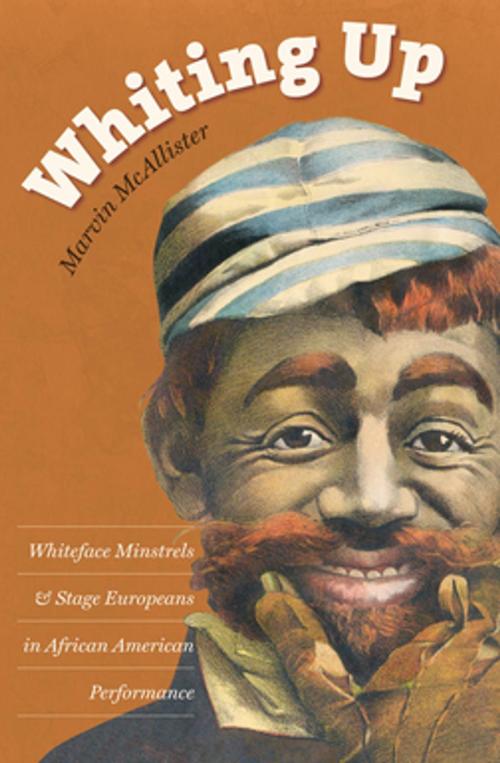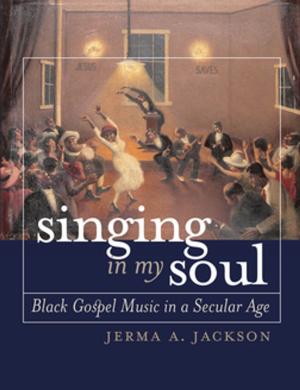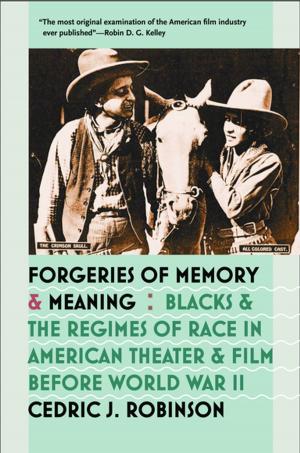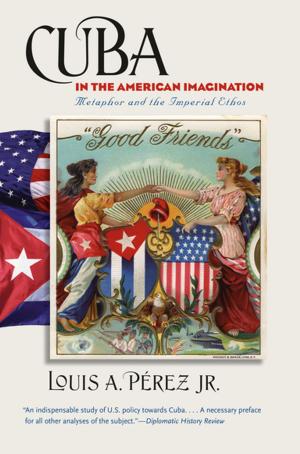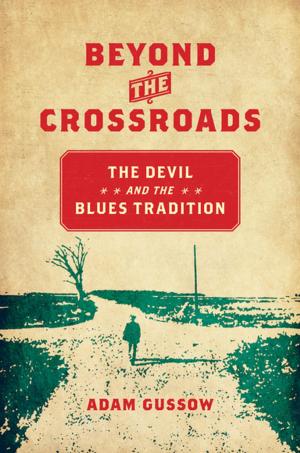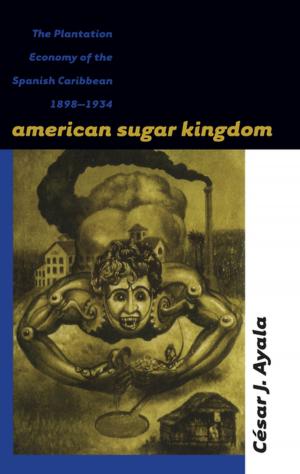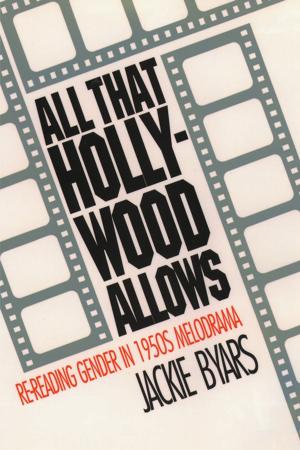Whiting Up
Whiteface Minstrels and Stage Europeans in African American Performance
Nonfiction, Entertainment, Performing Arts, Theatre, History & Criticism, Social & Cultural Studies, Social Science, Cultural Studies, African-American Studies| Author: | Marvin McAllister | ISBN: | 9780807869062 |
| Publisher: | The University of North Carolina Press | Publication: | December 5, 2011 |
| Imprint: | The University of North Carolina Press | Language: | English |
| Author: | Marvin McAllister |
| ISBN: | 9780807869062 |
| Publisher: | The University of North Carolina Press |
| Publication: | December 5, 2011 |
| Imprint: | The University of North Carolina Press |
| Language: | English |
In the early 1890s, black performer Bob Cole turned blackface minstrelsy on its head with his nationally recognized whiteface creation, a character he called Willie Wayside. Just over a century later, hiphop star Busta Rhymes performed a whiteface supercop in his hit music video "Dangerous." In this sweeping work, Marvin McAllister explores the enduring tradition of "whiting up," in which African American actors, comics, musicians, and even everyday people have studied and assumed white racial identities.
Not to be confused with racial "passing" or derogatory notions of "acting white," whiting up is a deliberate performance strategy designed to challenge America's racial and political hierarchies by transferring supposed markers of whiteness to black bodies--creating unexpected intercultural alliances even as it sharply critiques racial stereotypes. Along with conventional theater, McAllister considers a variety of other live performance modes, including weekly promenading rituals, antebellum cakewalks, solo performance, and standup comedy. For over three centuries, whiting up as allowed African American artists to appropriate white cultural production, fashion new black identities through these "white" forms, and advance our collective ability to locate ourselves in others.
In the early 1890s, black performer Bob Cole turned blackface minstrelsy on its head with his nationally recognized whiteface creation, a character he called Willie Wayside. Just over a century later, hiphop star Busta Rhymes performed a whiteface supercop in his hit music video "Dangerous." In this sweeping work, Marvin McAllister explores the enduring tradition of "whiting up," in which African American actors, comics, musicians, and even everyday people have studied and assumed white racial identities.
Not to be confused with racial "passing" or derogatory notions of "acting white," whiting up is a deliberate performance strategy designed to challenge America's racial and political hierarchies by transferring supposed markers of whiteness to black bodies--creating unexpected intercultural alliances even as it sharply critiques racial stereotypes. Along with conventional theater, McAllister considers a variety of other live performance modes, including weekly promenading rituals, antebellum cakewalks, solo performance, and standup comedy. For over three centuries, whiting up as allowed African American artists to appropriate white cultural production, fashion new black identities through these "white" forms, and advance our collective ability to locate ourselves in others.
